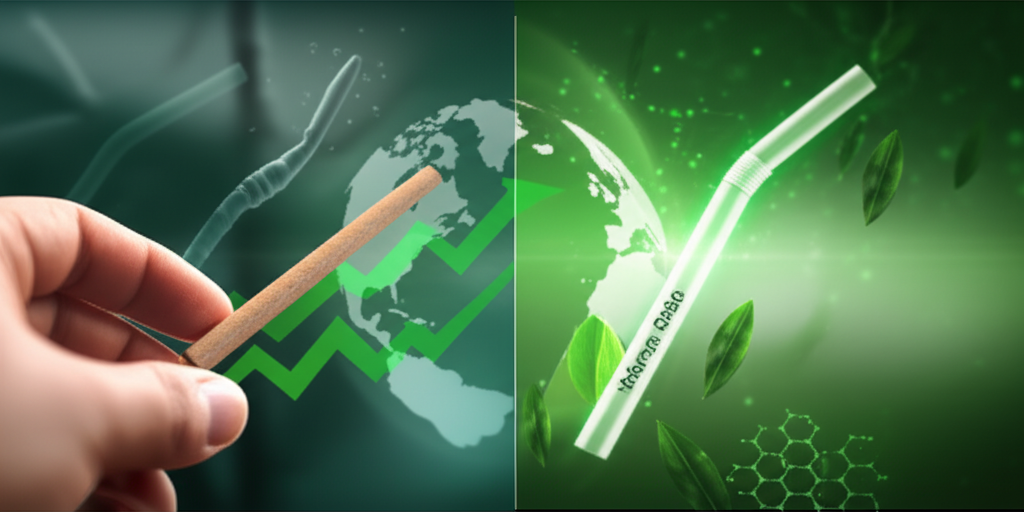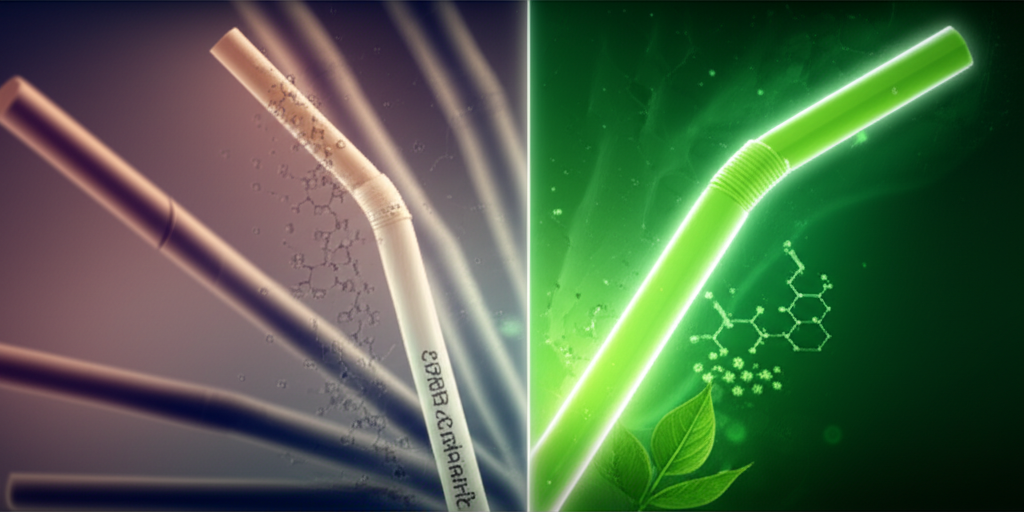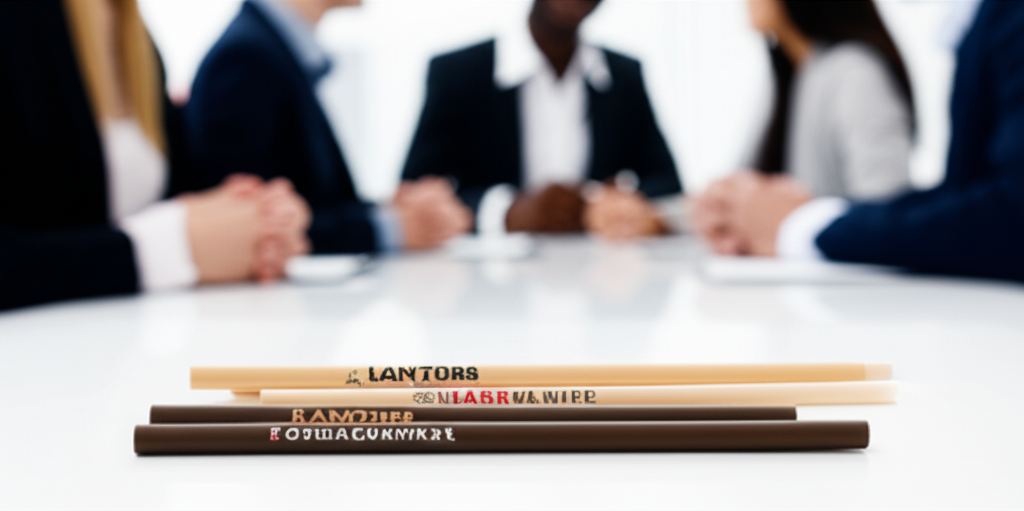The Urgent Shift: Why Sustainable Straws Are No Longer Optional for B2B Leaders
The tide has irrevocably turned against single-use plastics. Across the globe, businesses are navigating an escalating wave of pressure, driven by stringent government bans – from comprehensive EU directives and UK regulations to progressive US states like California and New York – alongside an overwhelming surge in consumer demand for genuinely eco-friendly practices. For B2B players spanning the vast landscapes of foodservice, hospitality, and retail, this isn’t merely a trend; it’s a critical imperative. The transition from traditional plastic to sustainable alternatives is no longer just about compliance; it’s fundamental to maintaining market relevance and securing long-term viability. In this pivotal moment, every sustainable choice directly impacts your brand image, your competitive standing, and ultimately, your business’s future. Discover how embracing sustainable packaging solutions can redefine your brand’s commitment to the planet.

Beyond Compliance: Tapping into the Multi-Billion Dollar Eco-Friendly Straw Market
The urgency of this shift also unveils a multi-billion dollar opportunity. The global compostable straws market, specifically, is projected to surge from USD 1.9 billion in 2025 to a remarkable USD 3.8 billion by 2035, demonstrating a robust 7.1% Compound Annual Growth Rate (CAGR). This significant growth is overwhelmingly driven by B2B adoption, with the foodservice sector leading the charge, anticipated to command a dominant 52.8% market share. Restaurants, hotels, and cafes are increasingly adopting eco-friendly straws not just to comply with regulations, but to actively bolster their brand image and meet the evolving expectations of their environmentally conscious clientele. This landscape makes private label compostable straws a strategic avenue for businesses to offer custom, branded sustainable solutions that resonate deeply with eco-conscious consumers and proactively align with stringent regulatory bodies. To delve deeper into the scale of the eco-friendly straw market’s growth, consult the latest industry forecasts fromZukünftige Markteinblicke.
Navigating the Nuances: Addressing Challenges and Innovations in Sustainable Straw Solutions
However, the journey to true sustainability is not without its complexities. Key concerns often arise around “compostable” products, particularly the widespread lack of industrial composting infrastructure necessary for many such items to break down effectively. A significant controversy also surrounds the detection of “forever chemicals” (PFAS) in a high percentage (up to 90% in some European studies) of paper straws, often added for water resistance, yet posing environmental and health risks. This critical issue highlights the importance of ingredient transparency, robust third-party certifications, and the careful selection of truly compostable, PFAS-free materials to avoid inadvertent “greenwashing” and ensure genuine environmental benefit. For more on the PFAS controversy and its implications for the industry, see recent reports fromPackaging Dive.
Innovations are rapidly addressing these challenges. Breakthroughs in materials like advanced PHA (polyhydroxyalkanoates), sugarcane, and bacterial cellulose are emerging, alongside improved water-resistant coatings that enhance durability and user experience without compromising sustainability. For example, researchers in China have developed bacterial cellulose straws that promise to be as cost-effective as plastic while being stronger than paper and edible.

Unlock Your Brand’s Green Potential with Private Label Compostable Straws
This is where the power of private label compostable straws truly shines as a strategic tool. Beyond mere compliance, they offer a direct pathway to significantly enhance your brand reputation, attract a growing base of eco-conscious customers—over 70% of whom actively prefer sustainable brands—and robustly align with critical ESG (Environmental, Social, and Governance) objectives. Imagine custom-printed straws featuring your logo, brand colors, and unique packaging. This transforms a typically functional item into a compelling marketing asset, tangibly communicating your unwavering commitment to environmental stewardship with every sip. For insights into developing your own custom eco-friendly packaging, explore ourprivate label manufacturing capabilities.
Strategic Advantage: Private Label vs. Generic & Traditional Straws
Understanding the distinct advantages of private label options is crucial for B2B decision-makers.
- Brand Perception & Loyalty:
- Traditioneller Kunststoff: Signals outdated practices, damages reputation, risks consumer boycotts, creates regulatory liabilities.
- Generic Compostable: Offers basic compliance, but provides no brand differentiation or positive association, missing a key opportunity for connection.
- Private Label Compostable: Builds positive brand equity, fosters deep customer trust, demonstrates authentic commitment to sustainability, enhancing loyalty and attracting new, values-driven customers.
- Regulatory Resilience & Future-Proofing:
- Traditioneller Kunststoff: High risk of non-compliance, inevitable phase-out across major markets (e.g., EU’s Single-Use Plastics Directive), constant adaptation challenges.
- Generic Compostable: Meets current mandates, but may lack specific certifications for emerging standards (e.g., PFAS-free status), posing future risks in a rapidly evolving regulatory landscape.
- Private Label Compostable: Enables proactive compliance with evolving global plastic bans, facilitates the selection of certified, advanced materials, and inherently future-proofs your operations against stricter environmental mandates.
- Marketing & Competitive Edge:
- Traditioneller Kunststoff: Offers no marketing value, becomes a significant brand liability.
- Generic Compostable: Minimal marketing impact, easily replicable by competitors, fails to distinguish your brand.
- Private Label Compostable: Transforms a commodity into a unique competitive differentiator, generates positive social media buzz, powerfully reinforces your brand story, and provides a tangible, tactile touchpoint for customer engagement.

Leading the Way: Future-Proofing Your Sustainable Supply Chain
To truly capitalize on this opportunity, businesses must strategically partner with manufacturers deeply committed to producing advanced, durable, and genuinely compostable materials, specifically those employing PFAS-free coatings. The emphasis on transparent supply chains and robust third-party certifications (such as those from BPI or TÜV Austria) is paramount. These guarantees ensure product integrity and are your frontline defense against greenwashing, building unwavering consumer confidence and solidifying your brand’s credibility. For details on how we ensure supply chain transparency and product integrity, visit ourdedicated page.
Transform Your Brand: Take the Next Step Towards Sustainable Leadership
The business case for integrating private label compostable straws is compelling: it’s about far more than just meeting regulatory demands. It’s about proactively exceeding consumer expectations and leveraging sustainability as a powerful, undeniable competitive advantage in today’s dynamic market. This is your opportunity to build a resilient, future-ready brand narrative, one that is firmly centered around authentic environmental responsibility and groundbreaking innovation. To learn more about businesses leading the charge in sustainability, explore broader industry insights fromThe Business Research Company.
Ready to elevate your brand with certified, high-performance private label compostable straws?Schedule a complimentary consultation with our sustainable packaging experts today to explore custom solutions and secure your competitive edge.






